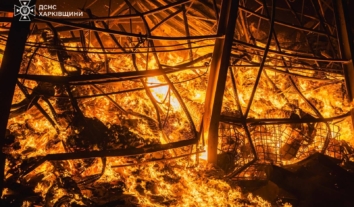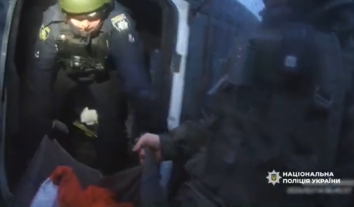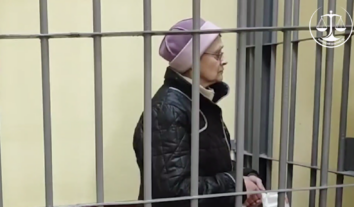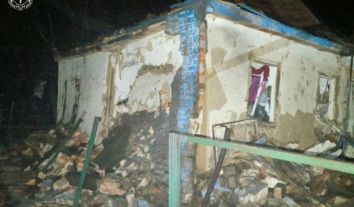Over 80% of civilian hostages suffered violence while held in Russian captivity
Ukrainians, regardless of age, gender, and profession, were abducted or persecuted in all territories occupied by Russia. Over 80% of these individuals experienced violence and were illegally detained in inhumane conditions, as reported by the Media Initiative for Human Rights (MIHR).
The MIHR, together with the Human Rights Centre ZMINA, analysed the testimonies of 93 civilians released from Russian captivity. Human rights activists interviewed 61 men and 32 women aged between 24 and 60 from various occupations, including civil servants, journalists, volunteers, teachers, and others. They were illegally held in places of confinement for periods ranging from several hours to several months.
Initially, people were held at pumping stations, enterprises, in railway station buildings, schools, etc. Russians also kept Ukrainians in pits at their own positions or in the middle of fields. Subsequently, the prisoners were transferred to police stations, temporary detention facilities, or prisons in the temporarily occupied territories (TOT). Later, the occupiers attempted to transfer as many civilians as possible to Russia.
According to the MIHR, Russia currently holds at least 1,908 Ukrainian civilians. There, Ukrainians can remain for years without any legal status or/ and incommunicado (without the ability to contact their relatives). Russia is initiating criminal cases against some individuals on fabricated charges. During their detention, people are tortured to confess to “crimes” they did not commit, as well as for the amusement of their captors.
Over the past three years, Ukrainian courts have issued at least 21 verdicts for war crimes committed by the occupiers in the Kyiv region. These verdicts, which are published in the Unified State Register of Court Decisions, are verdicts under Article 438 of the Criminal Code of Ukraine (violation of the laws and customs of war).
Most of the verdicts were delivered in absentia, which does not guarantee actual punishment. Following Ukraine’s ratification of the Rome Statute, opportunities have emerged to directly demand the arrest of criminals in the territories of states that have implemented the statute.
However, according to human rights advocates, the tools currently available to law enforcement agencies for the search and prosecution of Russian military personnel are bilateral cooperation agreements with other countries and the creation of a special tribunal under the auspices of the Council of Europe for the crime of aggression against Ukraine.







